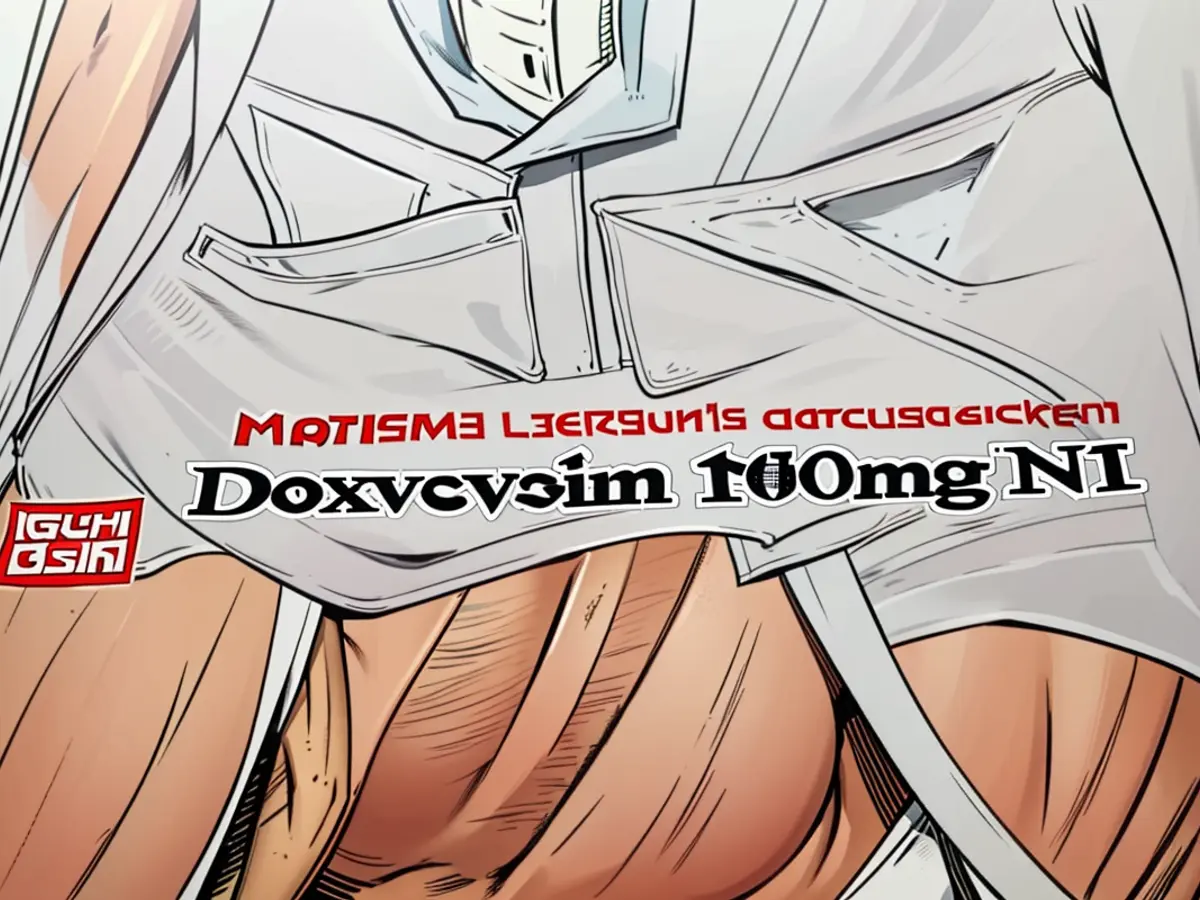Once more, Germany encounters a scarcity of pharmaceuticals.
Last year, Germany's Parliament, the Bundestag, introduced several initiatives to combat persistent medication shortages. However, it seems these measures haven't yielded significant results. The German Pharmacists' Association has reported that many antibiotics are still hard to come by.
Once more, a multitude of medicines are in short supply in Germany. "We don't anticipate an end to these supply issues anytime soon. We're particularly anxious about the fact that numerous antibiotics are already out of stock, and we haven't even entered the cold season with its flurry of respiratory infections yet. Even children's antibiotic suspensions are being affected," says Thomas Preis, head of the North Rhine Pharmacists' Association, to the "Rheinische Post" from Düsseldorf. Around 500 medicines are marked as unavailable.
Preis names Doxycycline and Azithromycin as examples. "Currently, there's a substantial scarcity. The scarcity of Doxycycline is hoped to be alleviated with supplies from Cameroon," the pharmacist explains. "Patients will then receive their packages labeled in English, French, or Portuguese. Since there are no German instructions for use, pharmacy teams have to put in a lot of effort to ensure safe use."
The bottom line: "Pharmacies have to find alternatives for half of all prescriptions to guarantee patients' access to medicine. Nationwide, around 1.5 million patients are affected daily," adds Preis further.
New Law? "Little Impact"
Persistent shortages, particularly of children's medications, led Germany's Parliament to implement measures such as expanded storage last year. Hospitals and pharmacies supplying hospitals also need to increase their stock of certain medicines and antibiotics. Pharmaceutical companies should also be incentivized to develop backup antibiotics.
However, according to pharmacist Preis, these reforms, spearheaded by Health Minister Karl Lauterbach, have had minimal impact: "The Supply Chain Security Act has been in effect for over a year, but has shown little impact," Preis criticizes. "Politics and pharmaceutical manufacturers must now finally create stable conditions."
The European Union could potentially provide assistance in addressing the medication shortages in Germany, given its influence in policy and trade. Despite the measures taken by Germany's Parliament to combat medication shortages, such as expanded storage and incentivizing pharmaceutical companies, the impact has been minimal, according to Thomas Preis.






